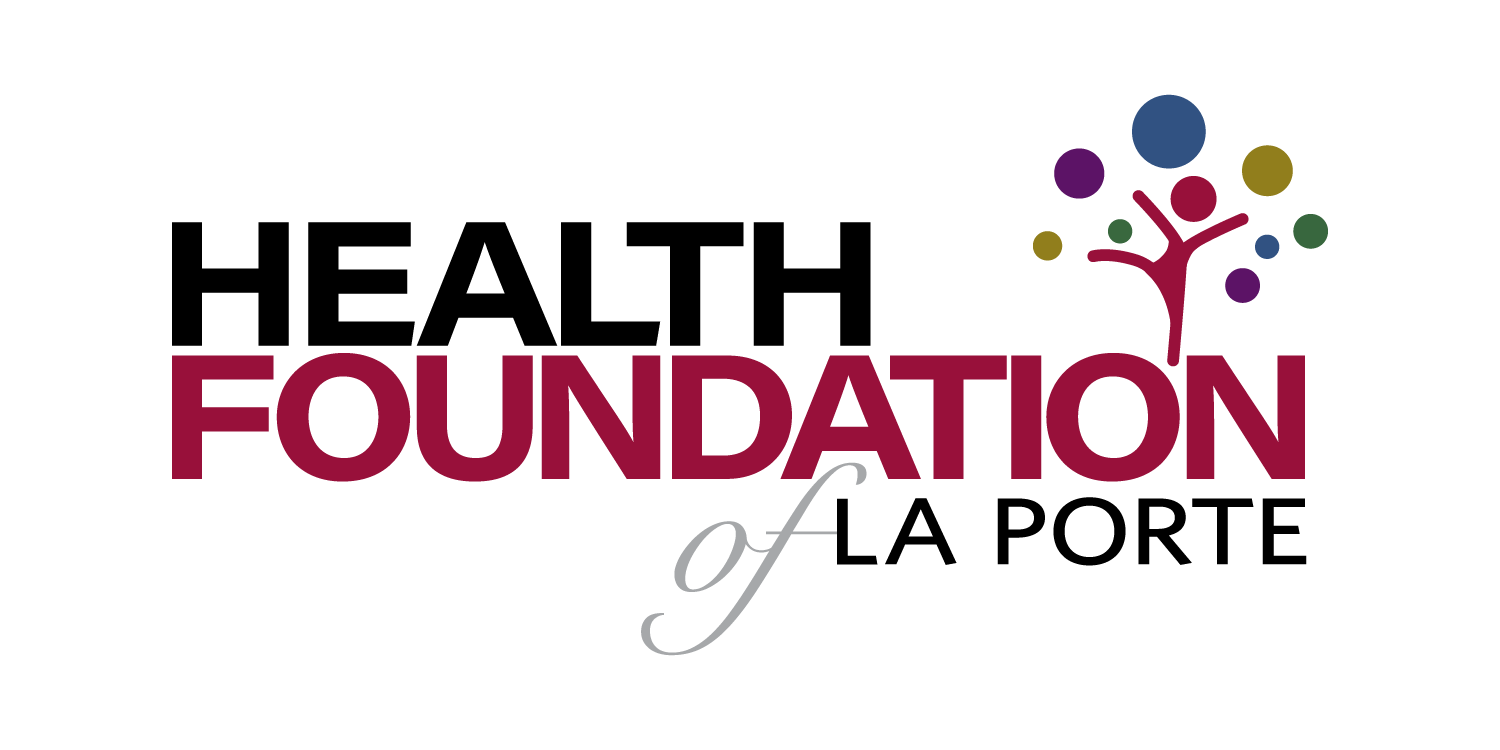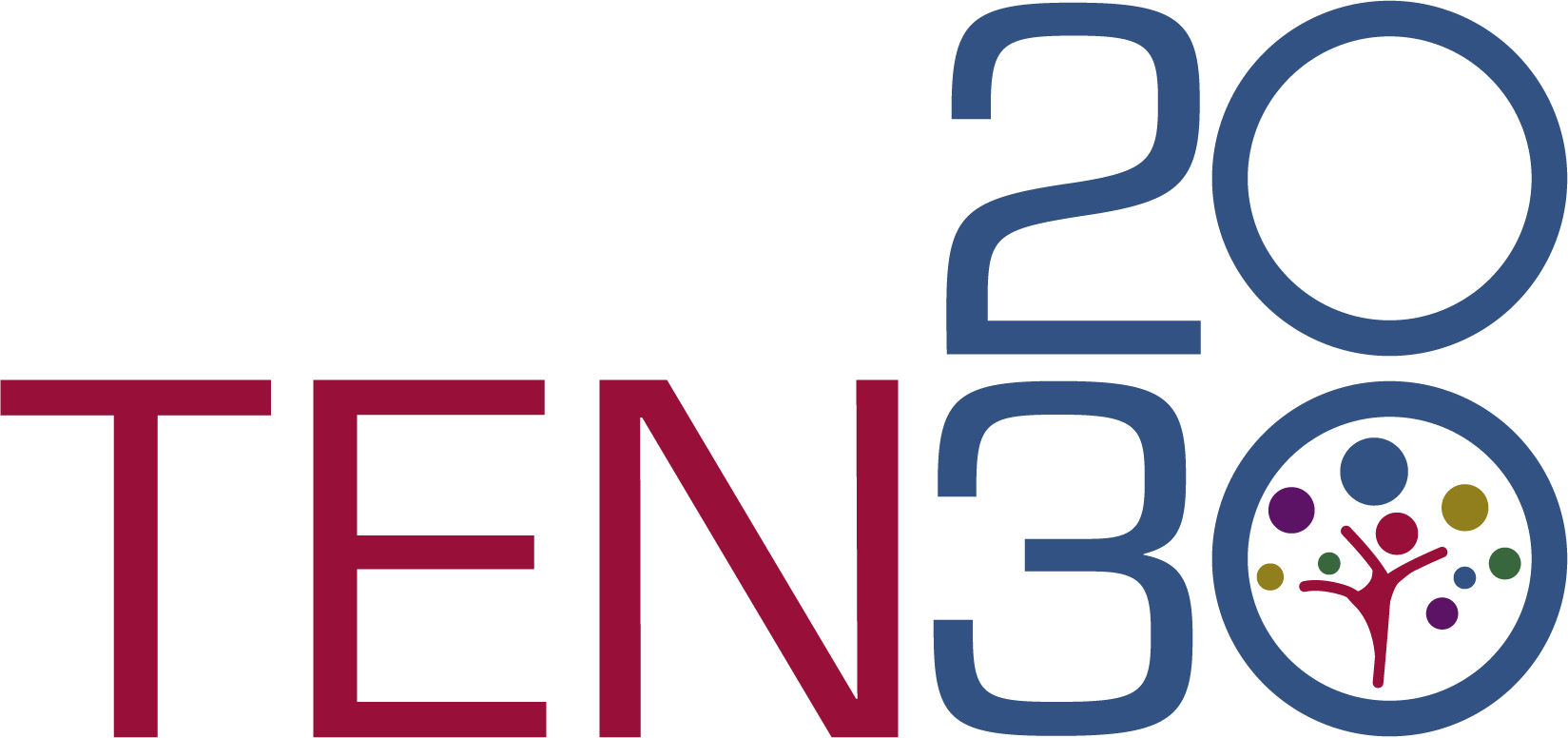Promising Practices
The Promising Practices database informs professionals and community members about documented approaches to improving community health and quality of life.
The ultimate goal is to support the systematic adoption, implementation, and evaluation of successful programs, practices, and policy changes. The database provides carefully reviewed, documented, and ranked practices that range from good ideas to evidence-based practices.
Learn more about the ranking methodology.
Filed under Good Idea, Community / Social Environment, Urban
Goal: HOPE's mission is to create fundamental and sustainable environmental changes that will significantly improve the health and wellness of Oakland residents.
Filed under Effective Practice, Economy / Housing & Homes
Goal: Horizon House believes homeless guests possess strengths that are key to ending their homelessness, and states its mission is "to be a focal point for services and assistance to empower individuals and families to no longer be homeless."
Filed under Evidence-Based Practice, Health / Adolescent Health, Teens, Racial/Ethnic Minorities
Goal: The goal of the HORIZONS program is to reduce sexually transmitted diseases (STDs), particularly HIV, by increasing condom use and partner communication about safer sex.
Impact: The HORIZONS program empowered African American female adolescents to pursue safer sex and reduced the number of STDs among those in the program.
Filed under Good Idea, Economy / Employment, Women, Men, Racial/Ethnic Minorities, Urban
Goal: Hot Bread Kitchen's mission is to increase economic security for foreign-born, low-income women and men by helping them gain access to the thriving specialty food industry.
Impact: Hot Bread Kitchen trains low-income, immigrant men and women for successful professional baking careers.
Filed under Good Idea, Education / Literacy
Goal: The Houston READ Commission's mission is to enrich the lives of adult Houstonians and their families by helping them achieve their full potential through literacy, and to contribute to a workforce that will ensure a strong economy and a promising future for the greater Houston area.
Filed under Good Idea, Health / Disabilities, Children, Teens, Adults, Older Adults, Urban
Goal: Humanim's mission is to identify those in greatest need and provide uncompromising human services.
Filed under Evidence-Based Practice, Health / Physical Activity, Women
Goal: The Illinois WISEWOMAN program (IWP) aims to lower heart disease and other chronic disease risk factors through screening and lifestyle classes for women in high-risk populations in service counties throughout Illinois.
Impact: The Illinois WISEWOMAN Program addresses the disproportionate risk of cardiovascular disease among disadvantaged, low-income women. Participation in the program has been shown to improve dietary, physical activity and cardiovascular outcomes.
Filed under Effective Practice, Health / Physical Activity, Children
Goal: The goal of McIntosh Middle School's coordinated health program was to improve the attendance and performance of students by decreasing health problems
Filed under Evidence-Based Practice, Health / Cancer, Adults, Racial/Ethnic Minorities, Urban
Goal: The goal of this program is to increase provider recommendation and patient compliance with colorectal cancer screening at a federally qualified health center serving low-income patients.
Impact: The intervention appears to be a feasible means to improve colorectal cancer screening rates among patients served by community health centers. However, more attention to patient decision making and education may be needed to further increase screening rates.
Filed under Evidence-Based Practice, Health / Cancer, Women, Men, Racial/Ethnic Minorities, Urban
Goal: The goal of this intervention was to increase colorectal cancer screening among an Asian American population.
Impact: A multicomponent intervention, including an educational session, can increase colorectal screening rates among Filipino Americans, even without the distribution of free fecal occult blood test kits.

